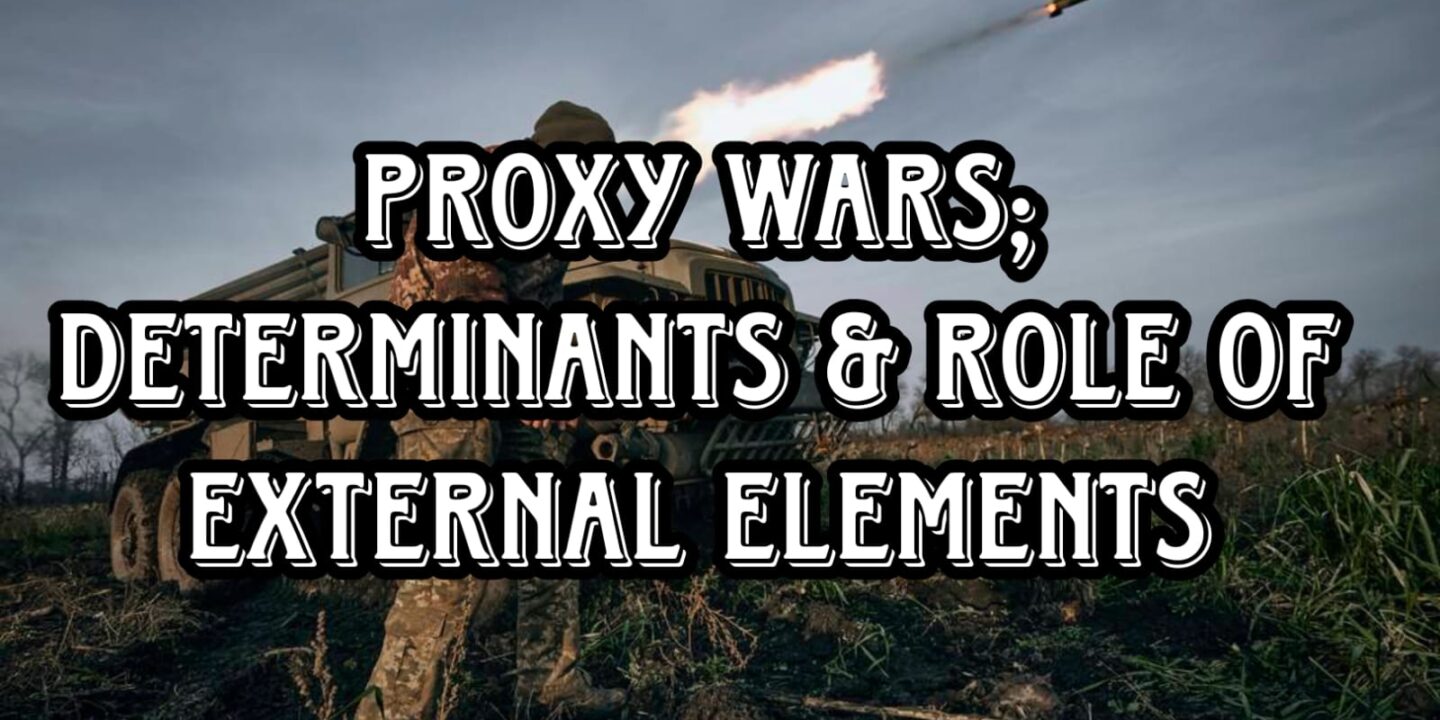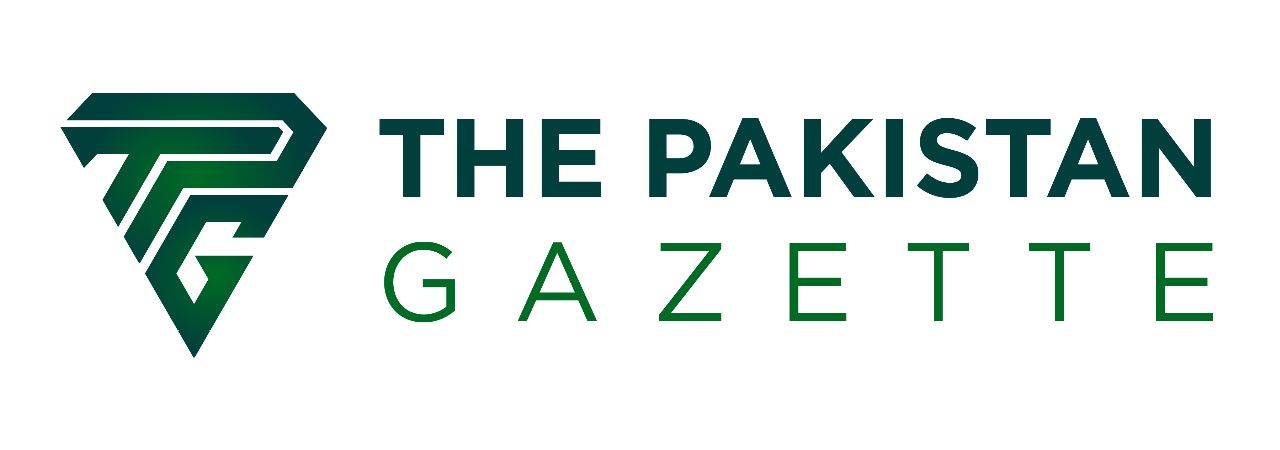
The reasons for conducting proxy wars may vary, but geopolitical or ideological concerns often drive them. For example, during the Cold War, the United States and the Soviet Union often supported opposing factions in various conflicts around the world, such as in Korea, Vietnam, and Afghanistan. Proxy wars can significantly impact the countries and regions where they occur, often leading to destabilization, political upheaval, and humanitarian crises. They can also have long-lasting consequences on international relations and diplomacy.
Determinants of Proxy Wars
- Ideological differences: Conflicts between nations or groups that have different political or religious beliefs can lead to the use of proxy warfare as a means of advancing their respective ideologies.
- Geopolitical interests: Nation-states may engage in proxy wars as a way of advancing their strategic interests in a particular region or to gain access to resources, such as oil or minerals.
- Strategic alliances: Countries may use proxy wars as a way of supporting their allies and strengthening their strategic partnerships.
- Escalation control: Proxy wars can allow nations to engage in limited conflicts while avoiding direct confrontation with their rivals, reducing the risk of escalation to a larger, more destructive war.
- Domestic politics: Proxy wars can be used by political leaders as a means of diverting attention away from domestic issues, boosting their popularity, or rallying support for their policies.
- Economic interests: Some proxy wars are driven by economic interests, such as controlling trade routes or gaining access to markets for goods and services.
The reasons for proxy wars can be complex, and often involve a combination of these factors. Additionally, once a proxy war is initiated, it can take on a life of its own, with local factions pursuing their own objectives and interests, often leading to unpredictable outcomes.
Role of External Elements in Proxy Wars
External elements can also provide critical support to the proxy forces, such as training, equipment, and intelligence. In some cases, external elements may even directly participate in the conflict, through the deployment of special forces or military advisors. External elements can also play a role in fueling or exacerbating proxy wars. They may provide incentives for their proxies to escalate the conflict, or even take direct action to provoke the other side. Additionally, external elements may also play a role in prolonging the conflict, by continuing to provide support to their proxies even as a negotiated settlement becomes possible.
Finally, external elements can also play a role in resolving proxy wars. They can facilitate diplomatic negotiations between the conflicting parties, pressure their proxies to come to the negotiating table or even directly participate in peacekeeping efforts.
Admin at The Pakistan Gazette


